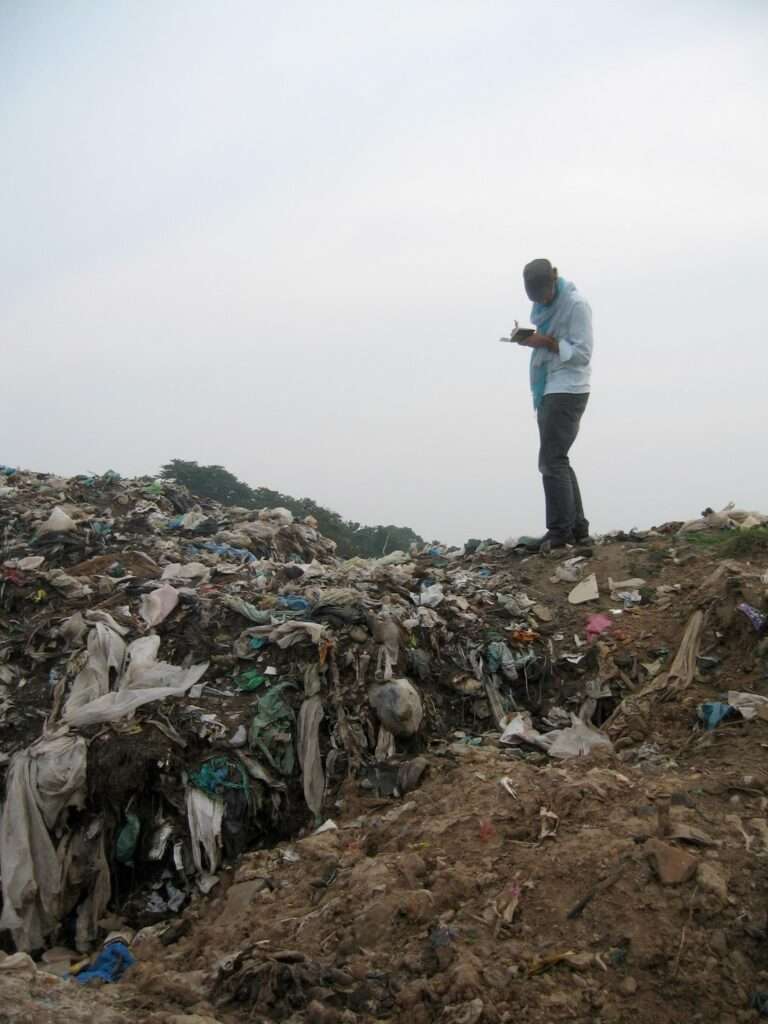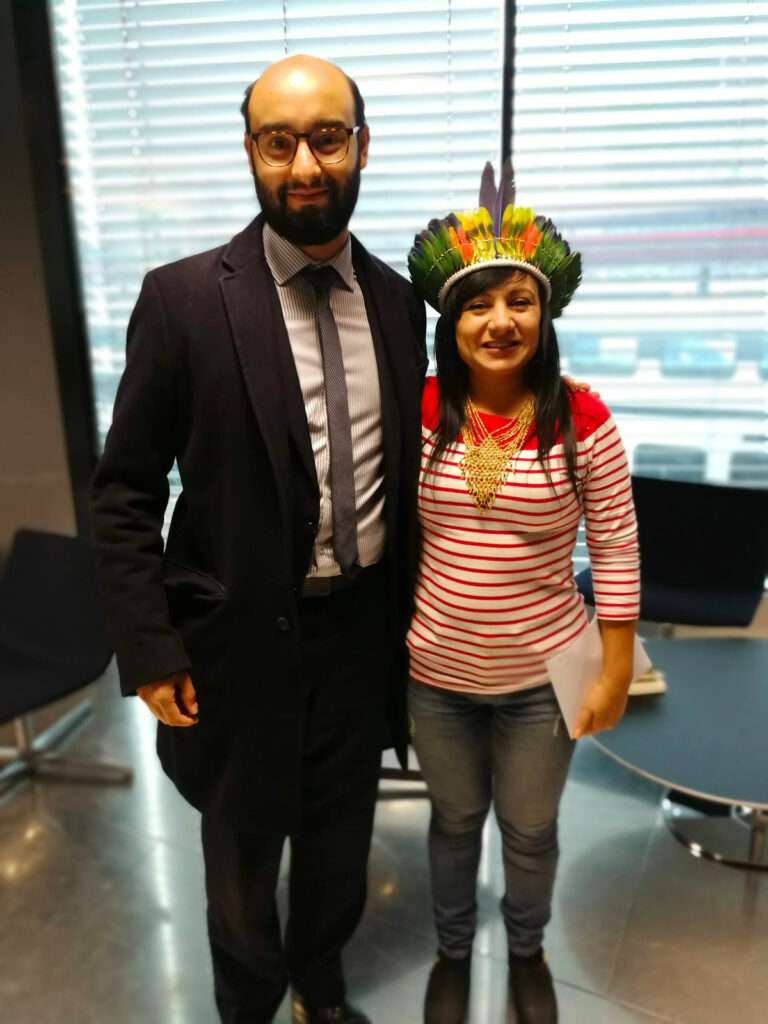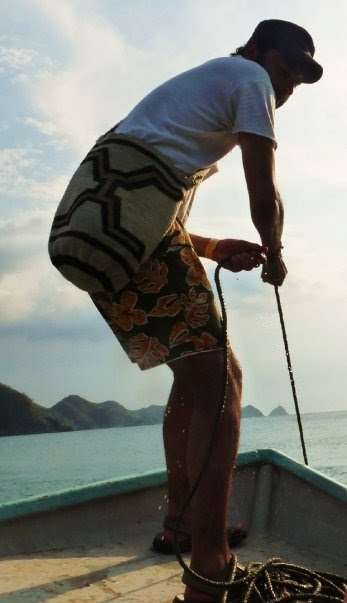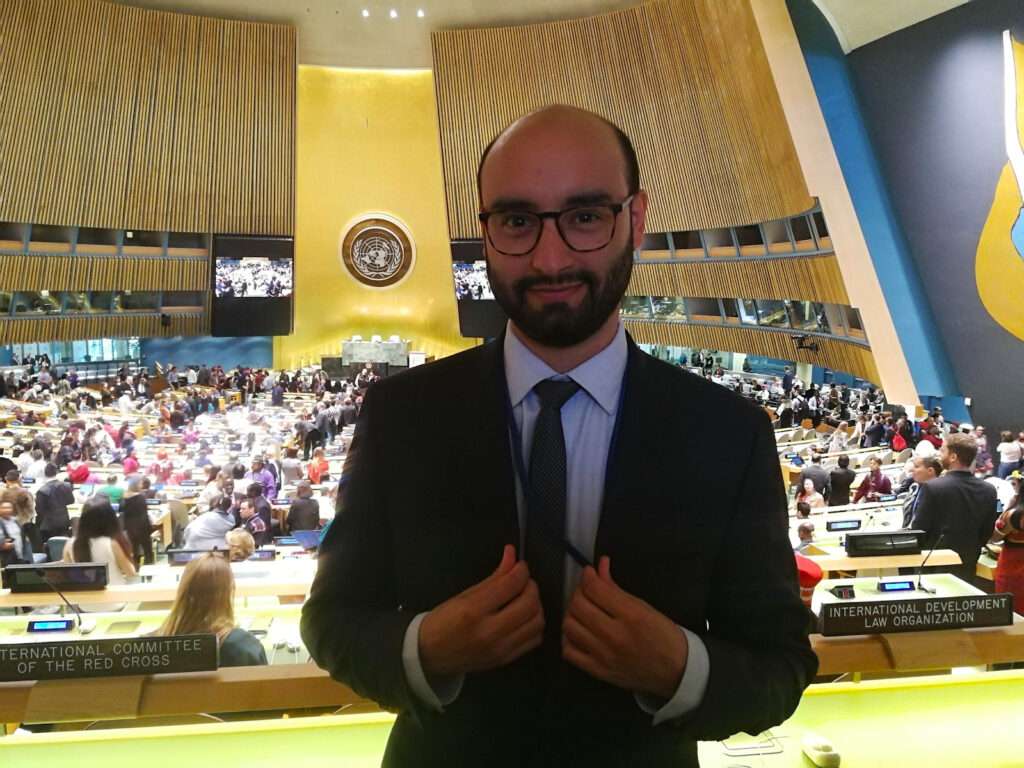
Here at the Center for International Environmental Law (CIEL), we know our strength comes from the people who make up our movement — from our staff, to our partners, to our steadfast supporters. Our “Meet Our Staff” series will introduce you to some of our amazing staff members, who work behind the scenes every day to defend the right to a healthy environment.
Andrés Del Castillo is a Senior Attorney with the Environmental Health program at CIEL. He is originally from Colombia and has since lived and worked in Brazil, France, India, and now, Switzerland. We spoke with Andrés about what he does at CIEL, how he likes to spend his free time, and more.
Tell us about your background, and how it’s led you to the work you do at CIEL.
Andrés: In 2004, I started working with a law firm in Colombia on corporate law. Following this, I went to school in Brazil to study International Economic Law. I then moved back to Bogotá, in Colombia, where I worked for almost 3 years on complex tort liability cases. I worked closely with top legal executives like Carlos Ignacio Jaramillo, a former Colombian Supreme Court Magistrate, on several cases involving terrorist attacks that caused environmental damage, like oil spills. Late in 2009, I went back to school in Paris, to obtain a Higher University Diploma in law of the European Union, and obtain a Master’s Degree in International Administration Law.
In 2011, after a short stint at the United Nations Educational, Scientific and Cultural Organization (UNESCO), I visited a dump site in Pondicherry, India, where I witnessed families looking for recyclable material in piles of plastic; I decided to join ADECOM to empower Dalit women to increase their revenue. This fueled my interest in human rights and plastics.
That is when I moved to Geneva and worked with the Office of the United Nations High Commissioner for Human Rights and the Indigenous Peoples’ Center for Documentation, Information and Research (Docip). Indigenous Peoples’ rights are intrinsically connected to the environment — in a way they are one and the same — so it has been a natural transition into CIEL’s work, especially with regard to bringing Indigenous Peoples’ concerns to international fora like the United Nations.
Why do you think the work you do/CIEL does is important?
A: The work we do is important because while there are many people working on human rights and environmental issues, it can be challenging to elevate these issues to international law. CIEL is able to bring human rights and environmental concerns directly to policymakers. For me, I’m primarily elevating human rights concerns with regard to plastics. We’re working to secure a global treaty to address the full life cycle of plastics, which impacts the lives and rights of people all over the world. It’s really critical that plastics issues be recognized and addressed on the legal level.
What is a work-related accomplishment you are proud of, either at CIEL or beforehand?
A: In my previous job, my biggest achievement was obtaining the official recognition by UNESCO World Documentary Heritage of Indigenous Peoples’ speeches at the UN, and to work with them on successful international treaty negotiations. It was very exciting to see our work realized at this international and legitimate level.
At CIEL, one of my biggest achievements has been contributing to crystallizing the connection of the plastics crises as a human rights problem at the UN. For instance, last month, the UN Special Rapporteur on toxics and human rights presented before the UN General Assembly the first ever dedicated report in the history of the UN on plastics’ negative impacts on human rights. The Break Free From Plastic movement and CIEL’s work have been pivotal in this area.
What do you like to do in your free time?
A: I really don’t have much free time now that I have two young kids, a son and a 20-month-old daughter, but I honestly love spending time with them. Outside of that, this year I will release a collection of seven short stories in the magical realism genre. I am also working on a novel about the Colombian peace process and the stories behind the negotiations during more than five years in La Habana. I’ve been inspired by Gabriel Garcia Marquez who writes in this style and is very well known across the world. I’m really excited about my progress and what the final product will look like.
What is your favorite podcast?
A: I love Diana Uribe’s Podcasts. I think history is very important to understanding everything that happens in the present, and I have a passion for learning about it. Diana has podcasts on the history of medicine, the history of radio, history from the 1920s, women’s history, and other miscellaneous topics. I always learn a lot from her podcasts and enjoy listening to them.
If you could learn any new skill, what would it be?
A: I’d like to learn to sail, or something involving the ocean, and particularly to address marine plastic pollution. I really love the ocean and I think having the opportunity to spend more time in it would be really special. This is really important to me and combines my interest in plastics and my love for the ocean.
What is something you’re excited about in the coming year at CIEL and/or a goal you are hoping to accomplish?
More and more states are supporting the idea of granting a mandate at the next UNEA-5.2 session to negotiate a global treaty to address the full life cycle of plastics, which is something I’m really excited about.
Another thing I’ve been doing is working with the Indigenous Peoples of the Democratic Republic of Congo (DRC) who have no dedicated Indigenous rights laws. I’ve been working with them for many years, and it finally looks like a law regarding their rights is going to be instituted. I’m very grateful to be a part of this process.
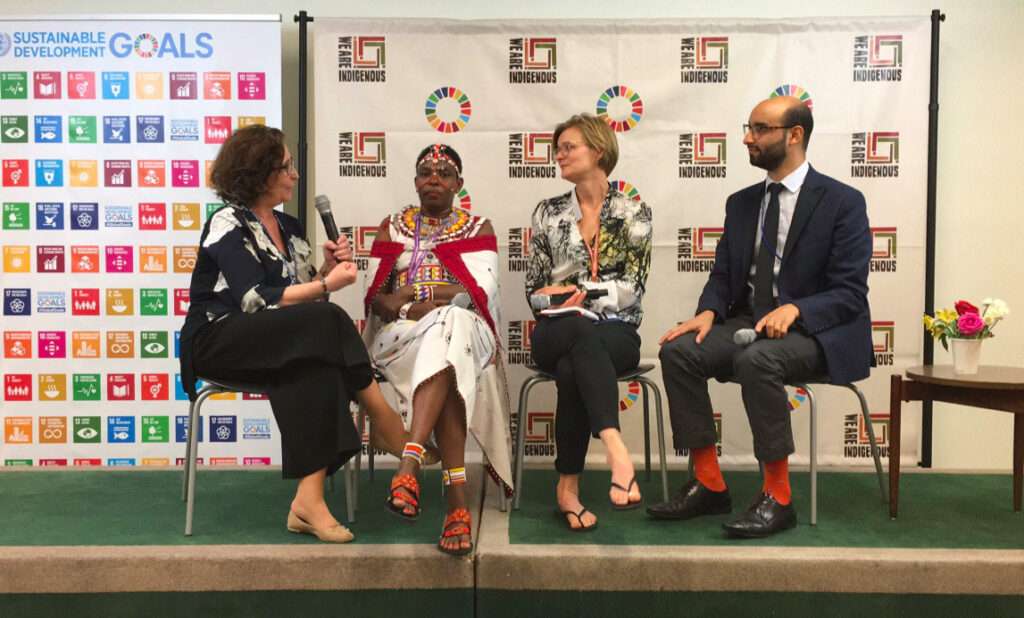
Interviewed by Sarah Street, Communications Intern
Originally posted on November 23, 2021

